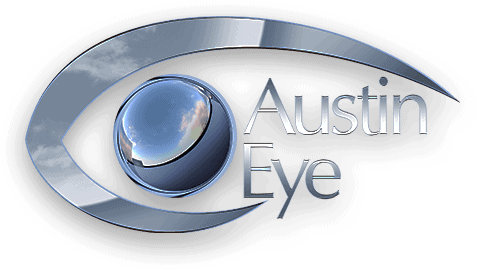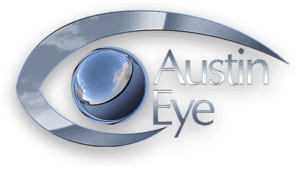 You are an excellent candidate for LASIK if you are in good health, have a stable prescription, and do not suffer from an eye condition that could affect the ophthalmologist’s ability to reshape the cornea. But is there an optimal time to undergo the procedure? Here, the experienced vision care professionals of Austin Eye discuss how your age may be relevant to your decision to choose LASIK.
You are an excellent candidate for LASIK if you are in good health, have a stable prescription, and do not suffer from an eye condition that could affect the ophthalmologist’s ability to reshape the cornea. But is there an optimal time to undergo the procedure? Here, the experienced vision care professionals of Austin Eye discuss how your age may be relevant to your decision to choose LASIK.
Revision and Regression
The best time to have LASIK surgery is between the ages of 18 and 40 years of age. During this window of time, the visual system is the most stable that it will be in the normal human lifespan. Though our eyes and our overall health are constantly changing, this window of time involves the time period when our eyes change the least.
Age also affects your chance of regression. A study published in the Journal of Cataract & Refractive Surgery found a correlation between age and permanence with LASIK. Patients were monitored over an 18-year period. When regression was noticed years after LASIK, it was much more pronounced in those over 40, and more common among women than men.
In the few cases in which nearsightedness, farsightedness or astigmatism reappears years after a LASIK procedure, it will rarely be as extreme as it was before the surgery. Patients who do experience a slight regression often opt for a LASIK enhancement procedure, which is essentially a tweaking of the cornea’s shape to correct for any vision changes.
At age 40 and above, most of us will also develop presbyopia, the farsightedness that tends to make reading more difficult. Even with LASIK, you may need to use reading glasses at this point in your life. For some patients, a modified form of LASIK called monovision LASIK can be performed to correct presbyopia. Older individuals may also sometimes need to rely on lenses for night driving, although this is not common.
Other Factors
Your age is a factor in deciding when you should choose LASIK, but there are also a few conditions that you and your surgeon will want to consider. If you are pregnant or nursing, you should delay the procedure, as changes in hormones can actually affect your vision. Prospective patients with chronic dry eye, past eye surgeries and autoimmune disorders that interfere with healing will, in most cases, want to explore other alternatives. If you were born with large pupils, you are more likely to experience halos or nighttime glare after the procedure; and if your corneas do not have sufficient thickness, reshaping them with LASIK is not practical. In that case, PRK is a better choice.
If you would like to learn more about LASIK, we invite you to schedule a personal consultation with one of the board-certified ophthalmologists at Austin Eye. Contact us at (512) 250-2020.







